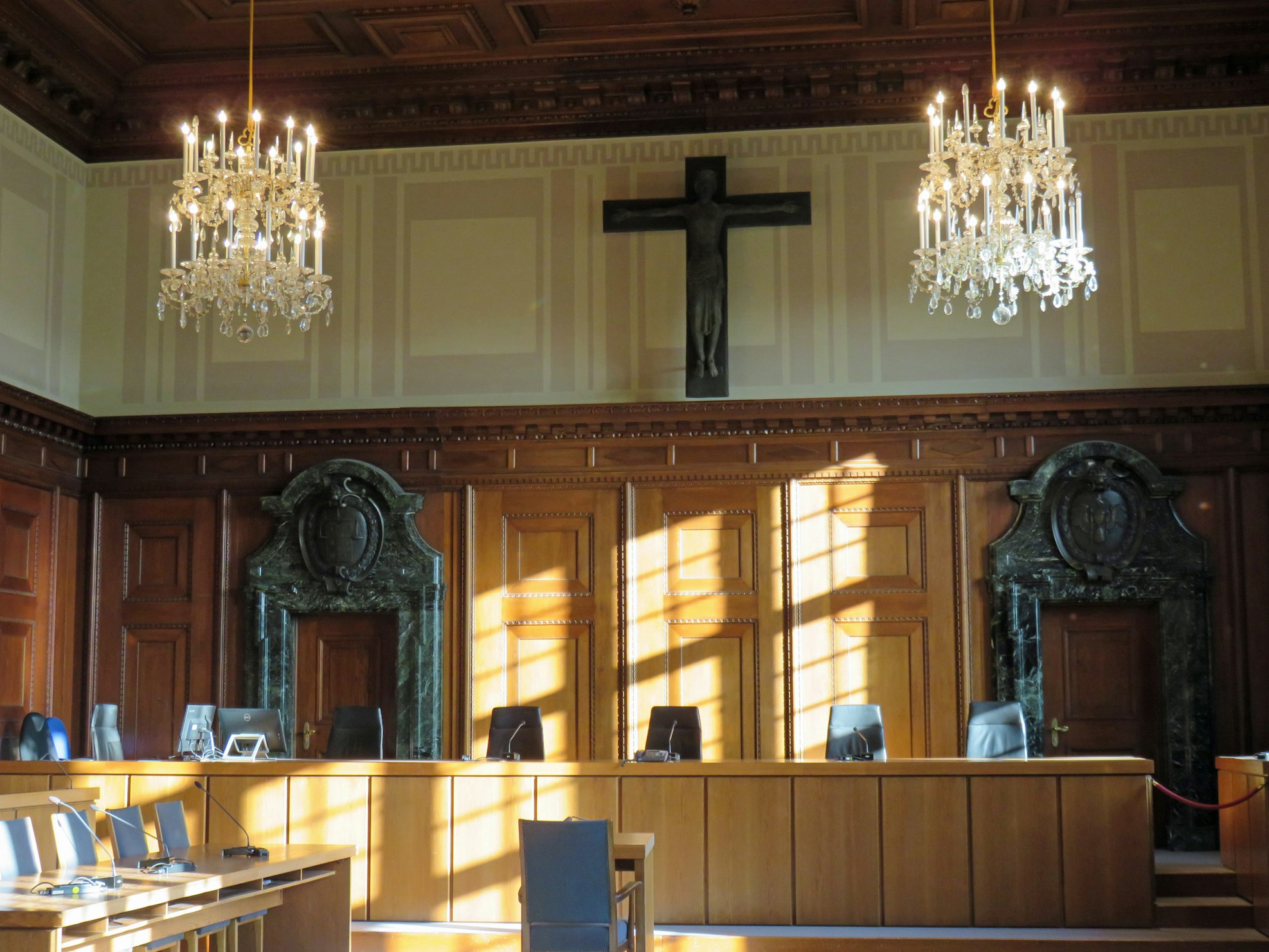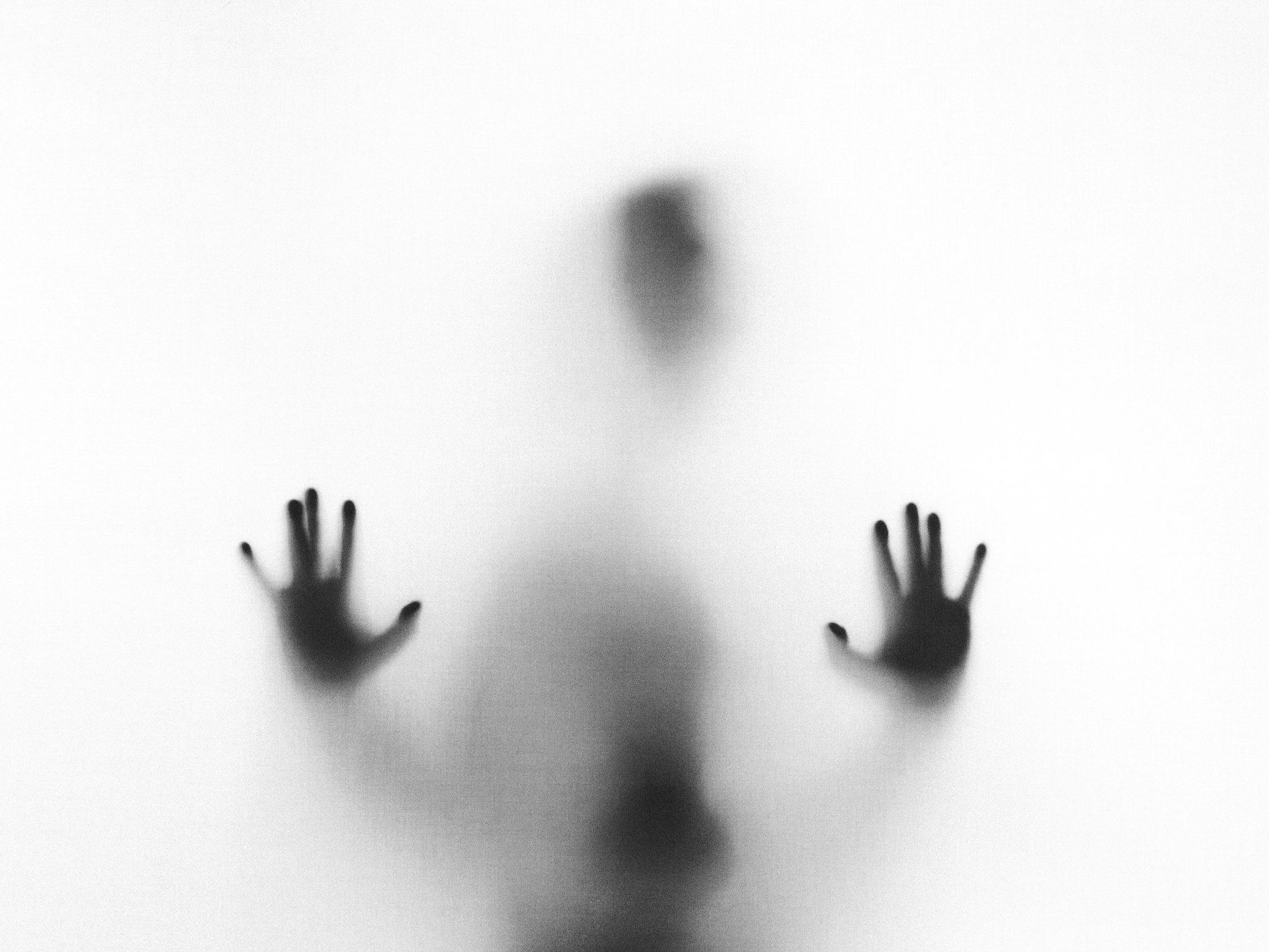
Feb 03, 2024
The Nuremberg Trials after world war II were largely a Symbolic Exercise
The Nuremberg Trials, held in the aftermath of World War II, stand as a landmark in the pursuit of justice for war crimes and crimes against humanity. While they were a monumental step towards establishing accountability on an international scale, some argue that the trials were largely symbolic in nature. This article delves into the reasons behind such claims, exploring the historical context, the legal framework, and the broader impact of the Nuremberg Trials.
As the dust settled from the devastating conflict of World War II, the Allies were left grappling with the immense task of addressing the unprecedented atrocities committed by the Axis powers, particularly Nazi Germany. The decision to hold trials was not only a response to the horrors of the Holocaust but also a determination to set a precedent for holding individuals accountable for their actions on the world stage.

The legal framework of the Nuremberg Trials was groundbreaking, representing the birth of international criminal law. The Nuremberg Charter, drafted in 1945, laid out the principles that would guide the trials. For the first time in history, individuals were to be held accountable for crimes against the peace, war crimes, and crimes against humanity.
The courtroom in Nuremberg became the stage for the prosecution of major war criminals of the Third Reich. The accused, including figures like Hermann Göring and Rudolf Hess, found themselves in the dock, facing charges that reflected the magnitude of their actions. However, it is argued that the legal proceedings were not without flaws and that the trials had inherent limitations.
One of the primary arguments asserting the symbolic nature of the Nuremberg Trials is the selectivity of the defendants. While some key figures of the Nazi regime faced justice, many others escaped the courtroom. High-ranking officials such as Adolf Hitler and Heinrich Himmler had already died by suicide, avoiding the prospect of trial. This selectivity raised questions about the comprehensiveness of the justice delivered and left certain crimes unaddressed.

Furthermore, the geopolitical considerations during the Cold War played a significant role in shaping the trials. The Allies, particularly the United States and the Soviet Union, were strategic in their choices of which individuals to prosecute. Some argue that this selectivity compromised the impartiality of the trials, turning them into a tool for advancing political agendas rather than achieving absolute justice.
The prosecution's reliance on retrospective justice also fueled the perception of symbolism. The Nuremberg Trials applied laws that did not exist at the time the crimes were committed. While this was a necessary adaptation to the unprecedented nature of the offenses, critics argue that it underscored the symbolic nature of the trials, as the defendants were judged based on standards that were not in place when the actions occurred.
Despite the criticisms, the Nuremberg Trials left a lasting legacy that extends beyond the courtroom. The Nuremberg Principles, established during the trials, have become fundamental to subsequent international criminal tribunals. The trials influenced the creation of institutions like the International Criminal Court (ICC), demonstrating the enduring impact of this symbolic pursuit of justice.
The trials also played a crucial role in shaping the post-war narrative. By publicly addressing the crimes of the Nazi regime, the trials aimed to educate the world about the horrors of war and genocide. The emphasis on individual responsibility for egregious actions became a cornerstone of modern international law and human rights.

Moreover, the trials served as a symbolic closure for the victims and their families. The international community's acknowledgment of the atrocities committed during the war provided a sense of vindication for those who had suffered. While the trials may not have addressed every injustice, they signaled a collective commitment to preventing such atrocities from happening again.
In conclusion, the Nuremberg Trials after World War II were undeniably a symbolic exercise in many respects. The selectivity of defendants, the geopolitical considerations, and the retrospective nature of justice all contribute to this perception. However, it is crucial to recognize that symbolism does not diminish the trials' significance. They laid the foundation for international criminal law, established principles that endure to this day, and provided a platform for the world to condemn heinous acts.
The Nuremberg Trials, while imperfect, marked a pivotal moment in human history where the international community declared that individuals could be held accountable for the most egregious crimes. As we reflect on the trials, we must acknowledge both their symbolic nature and the genuine strides towards justice and accountability that they represented in the aftermath of one of the darkest chapters in human history.









